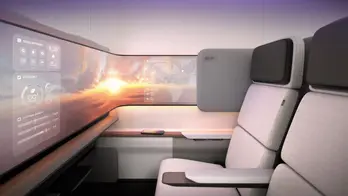In the early hours of Jan. 1, 2025, two horrific attacks shook the nation, raising serious questions about car-sharing platform security and potential terrorism links. In Las Vegas, a Tesla Cybertruck exploded outside the Trump International Hotel, killing the driver and injuring seven others.
Meanwhile, in New Orleans, a pickup truck, later identified as a Ford F-150, plowed into crowds on Bourbon Street, resulting in at least 15 fatalities and dozens of injuries.
Both vehicles were rented through Turo, a peer-to-peer car-sharing platform, sparking intense scrutiny of the company's operations and security measures.
GET SECURITY ALERTS, EXPERT TIPS – SIGN UP FOR KURT’S NEWSLETTER – THE CYBERGUY REPORT HERE
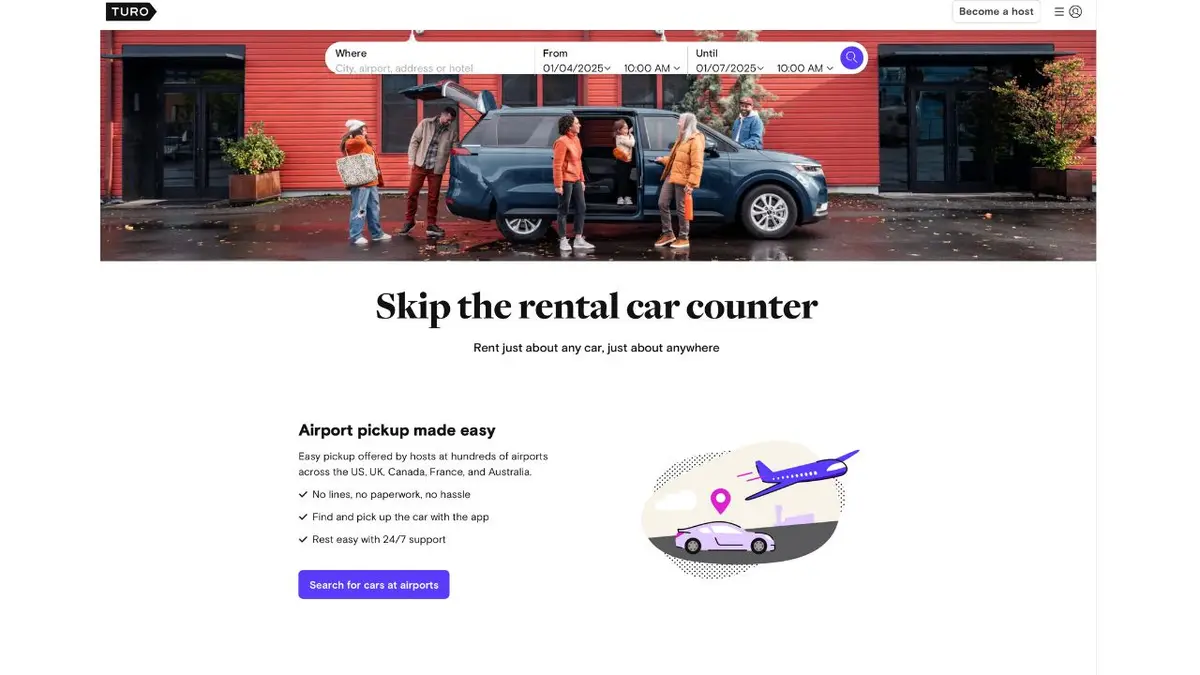
The Las Vegas incident
At approximately 8:40 a.m. PT on Jan. 1, 2025, a Tesla Cybertruck pulled up to the valet area of the Trump International Hotel in Las Vegas. Within 15 to 20 seconds, the vehicle exploded, killing the driver and injuring seven bystanders. Investigators discovered that the Cybertruck was packed with firework mortars and camp fuel canisters.
The FBI is investigating the incident as a potential act of terrorism. Tesla CEO Elon Musk claimed on social media that the explosion was caused by large fireworks or a bomb in the bed of the Cybertruck and was unrelated to the vehicle itself.
The New Orleans attack
In the early hours of New Year's Day, a pickup truck, later identified as a Ford F-150, rammed through police barricades on Bourbon Street in New Orleans' French Quarter. The driver, identified as 42-year-old Shamsud-Din Jabbar, an Army veteran from Texas, mowed down pedestrians over a three-block stretch while firing into the crowd.
The attack resulted in at least 15 deaths and dozens of injuries. Jabbar was killed in a subsequent shootout with police. The FBI is treating this incident as an act of terrorism, noting that an Islamic State flag was found on the vehicle and improvised explosive devices were discovered inside.
The Turo connection to both incidents
Both vehicles used in these incidents were rented through Turo, a peer-to-peer car-sharing platform. This connection has raised significant questions about the company's security measures and screening processes.
What is Turo?
Turo is a peer-to-peer car-sharing platform that connects vehicle owners with people looking to rent cars. Often described as the "Airbnb for cars," Turo allows individuals to list their personal vehicles for rent, providing an alternative to traditional car rental companies.
Founded in 2010 as RelayRides and rebranded to Turo in 2015, the company has grown into an international vehicle-sharing marketplace with more than 14 million users worldwide. Turo is available in more than 16,000 cities across the U.S., U.K., Canada, Australia and France.
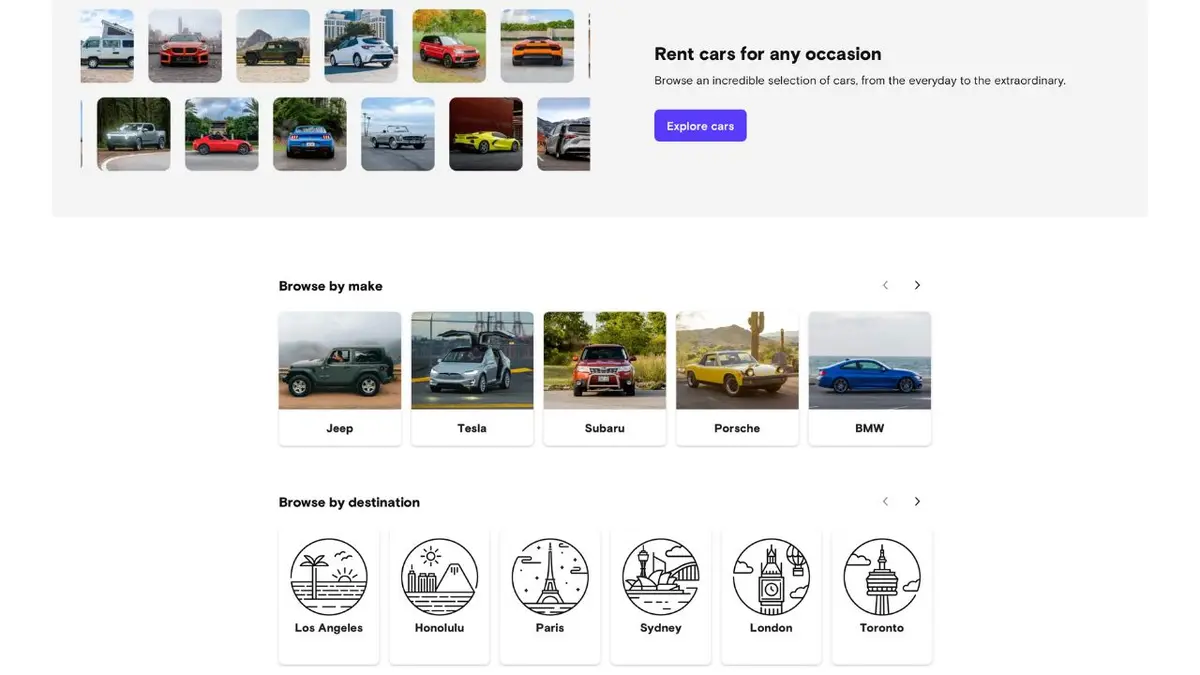
BEST CAR ACCESSORIES
How does Turo work?
The Turo process is straightforward:
- Listing: Car owners list their vehicles on the Turo platform, including details like make, model, price and availability.
- Booking: Renters search for available cars in their desired location and dates, then book directly through the Turo website or app.
- Verification: Both car owners and renters must verify their identities through the platform.
- Pick-up: Renters meet the car owner to pick up the vehicle or arrange for contactless check-in.
- Return: At the end of the rental period, the renter returns the car to the owner.
Turo handles payments and insurance options and provides customer support throughout the process.
WHAT IS ARTIFICIAL INTELLIGENCE (AI)?
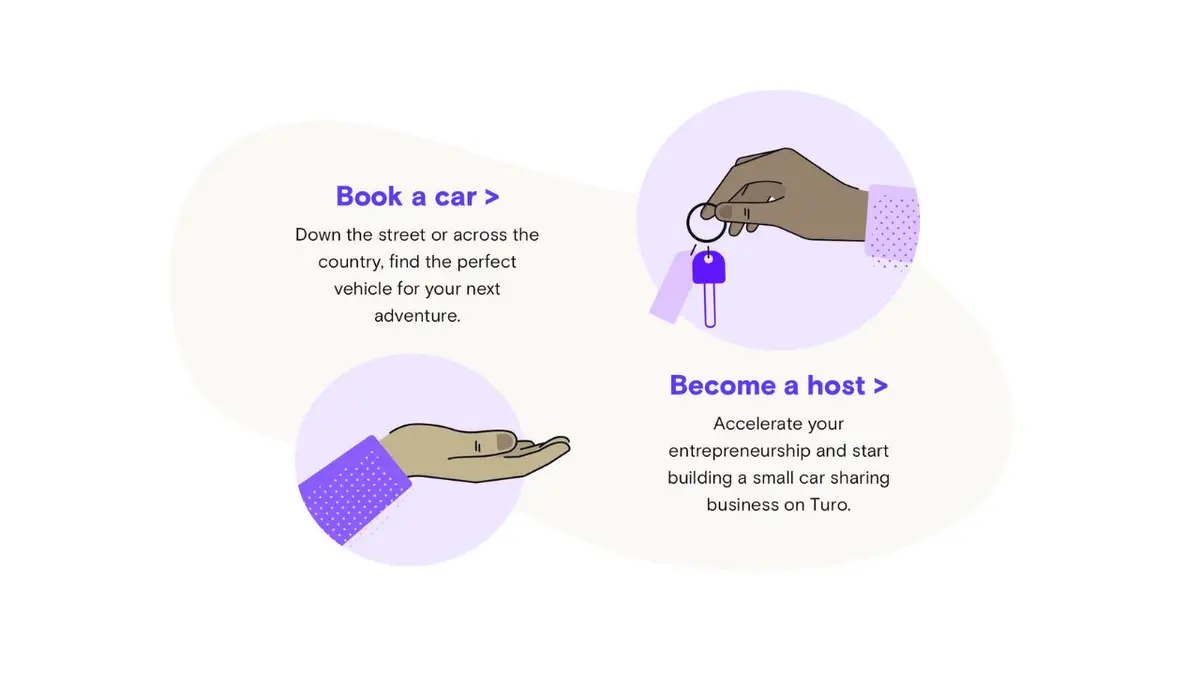
HOW YOUR CAR MIGHT BE SELLING YOU OUT TO INSURERS
Turo's security measures and response
In light of the recent incidents, Turo's security measures have come under intense scrutiny. The company's current screening process includes:
- Identity verification
- Background checks (though the specific extent of these checks is not clear)
Turo requires users to upload a valid driver's license to the app to be cleared for use. In some instances, Turo may collect additional identity verification information such as photographs or scanned copies of driver's licenses, passports or other forms of identification.
The company has stated that they were "devastated" by the recent events and that their trust and safety team is actively cooperating with law enforcement. Importantly, Turo said in a statement to CyberGuy, "We do not believe that either renter had a criminal background that would have identified them as a security threat, and we are not currently aware of any information that indicates the two incidents are related."
GET FOX BUSINESS ON THE GO BY CLICKING HERE
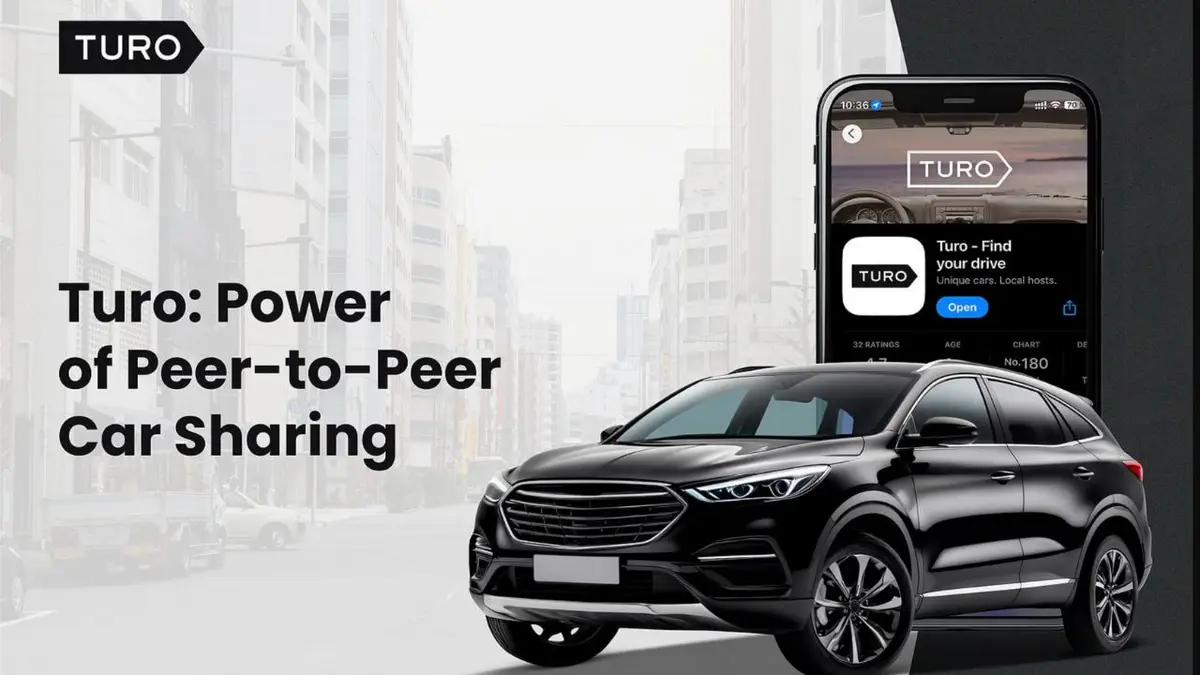
HOW TO PREVENT YOUR CAR FROM GETTING STOLEN
Regulatory landscape for peer-to-peer car-sharing platforms
The regulatory landscape for peer-to-peer car-sharing platforms like Turo is in a state of flux, with at least 13 states having enacted laws specifically governing this industry, distinct from regulations applied to traditional car rental companies.
Turo has been proactive in advocating for additional regulations in various states to establish clearer operational guidelines. A significant development occurred in 2022 when New York Gov. Kathy Hochul signed SB 6715 into law, providing a comprehensive regulatory framework for peer-to-peer car-sharing operations in the state. This legislation aims to expand transportation options and create economic opportunities for New Yorkers while addressing safety and insurance concerns.
Kurt’s key takeaways
These tragic events have highlighted potential vulnerabilities in the peer-to-peer car-sharing model. As investigations into these incidents continue, it's likely that there will be increased scrutiny of Turo's operations and security measures. The car-sharing industry may face calls for stricter regulations and enhanced screening processes. Turo and similar platforms might need to reevaluate and strengthen their security protocols to prevent such incidents in the future.
What are your thoughts on the safety and regulatory measures of peer-to-peer car-sharing platforms like Turo, and should there be stricter screening processes for renters and vehicles to prevent potential misuse or criminal activities? Let us know by writing us at Cyberguy.com/Contact.
For more of my tech tips and security alerts, subscribe to my free CyberGuy Report Newsletter by heading to Cyberguy.com/Newsletter.
Ask Kurt a question or let us know what stories you'd like us to cover.
Follow Kurt on his social channels:
- YouTube
Answers to the most asked CyberGuy questions:
- What is the best way to protect your Mac, Windows, iPhone and Android devices from getting hacked?
- What is the best way to stay private, secure and anonymous while browsing the web?
- How can I get rid of robocalls with apps and data removal services?
- How do I remove my private data from the internet?
New from Kurt:
- Try CyberGuy's new games (crosswords, word searches, trivia and more!)
Copyright 2025 CyberGuy.com. All rights reserved.
Related Topics
- Tech
- Security
- Politics
- Terror
- Homeland Security
- US
- Transportation

